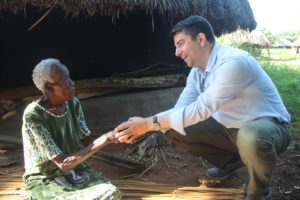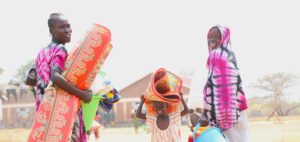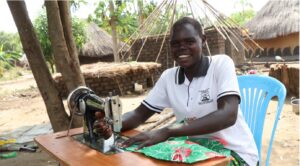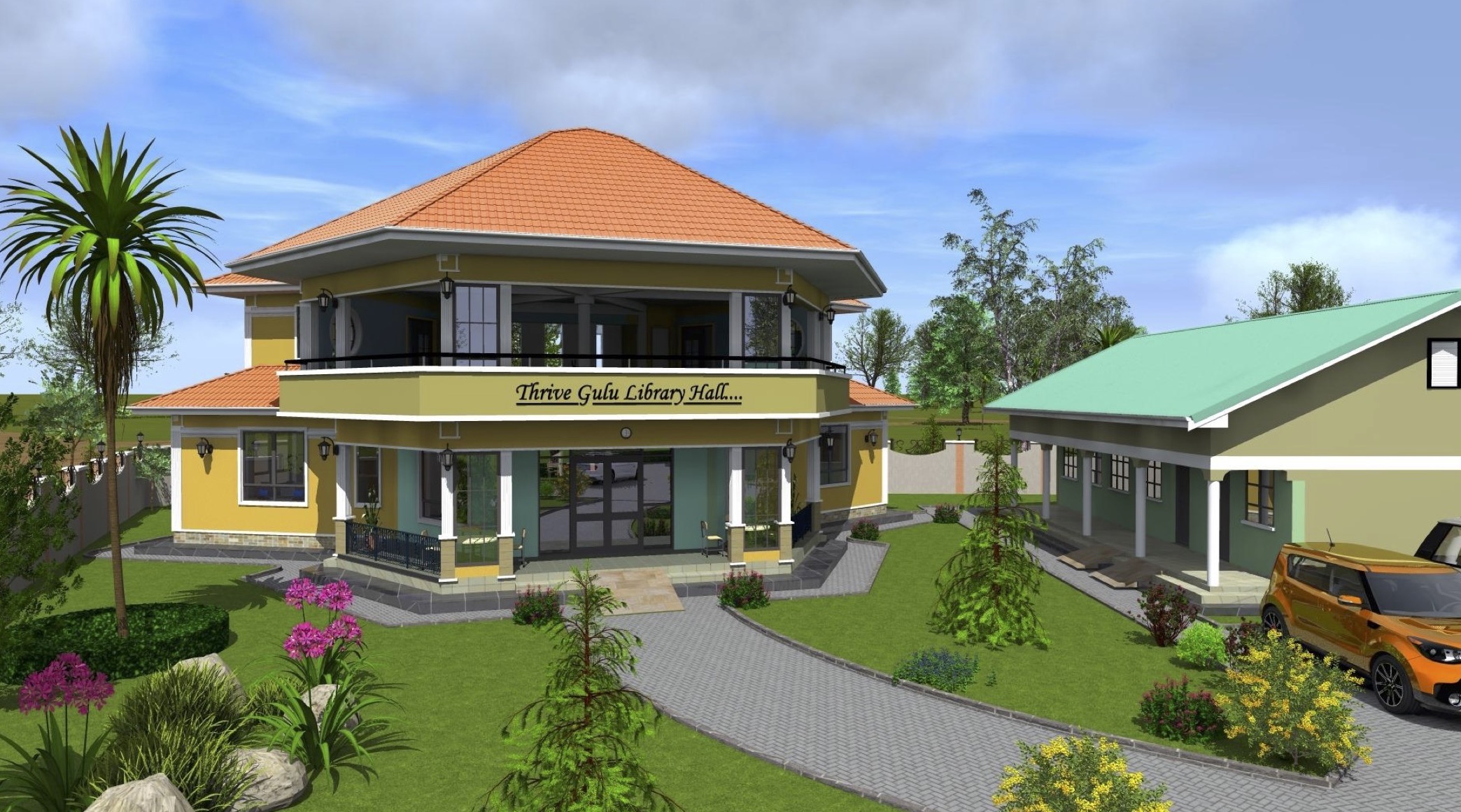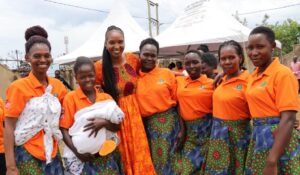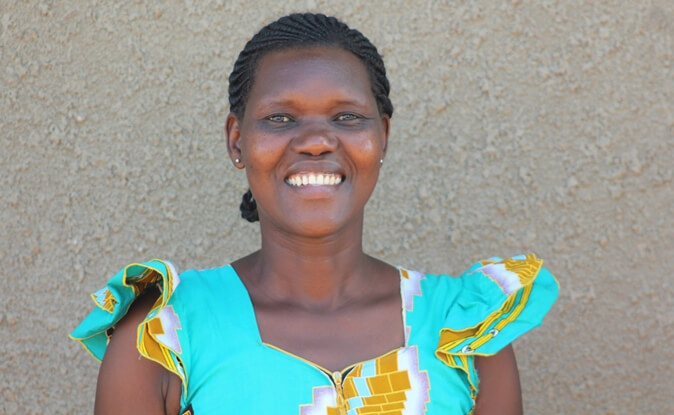It’s not every day that a play about Northern Uganda under the Lord’s Resistance Army’s savage insurgency comes through town. So, when out of the blue I was contacted by someone from the New Repertory Theater in Watertown, MA to see if I’d be interested in participating on a panel discussion following one of the performances, I quite literally jumped out of my seat! After a few conversations, I was asked to moderate the panel, consisting of a professor from Boston University, a mental health clinician and two persons originally from Northern Uganda.
The play, Carboard Piano, was a gripping portrayal of life under the Kony regime. It focused on the lives of five characters, highlighting their own individual struggles, as well as the challenges of negotiating interpersonal relationships under extremely stressful conditions. As a trauma specialist and the Executive Director of an organization that provides Mental Health & Psychosocial Support to survivors of war, I was struck by the portrayal of complex trauma.
The play depicted the multidimensionality of trauma: living through the precarity of war; near death experiences; witnessing killings; child abduction and forced soldiery; rejection by parents; persecution on account of one’s sexuality; ostracization; denial of love from the Christian church; and the endless guilt, shame and self-loathing that comes from feeling one has made mistakes which can never be forgiven – all this was packed into the play.
During intermission, at least 6 people came up to me, stating the exact same thing: “Woah – there’s a lot going on in this!” Indeed, there was a lot going on, but the chaos of it all is precisely the unrelenting chaos of those who bear complex trauma. Cardboard Piano portrayed this with remarkable acuity. Trauma is never just one thing – it’s the layer upon layer upon layer that wears one down and suffocates the ability to THRIVE.
Unsurprisingly, I began the panel discussion with a question about complex trauma. From there we touched on another important issue in the play, that of identity. We addressed the challenges of being LGBTQ+ in a society that criminalizes non-binary sexuality. The play emphasized a dark side of certain Christian churches which fervently believe that LGBTQ+ individuals are greater sinners than even those who commit the most heinous war crimes. Finally, I invited the panel to consider our desire to “fix” things – to help, make better, heal, support. It’s not always easy to know just how to lend a helping hand without imposing our own worldview on others, without meddling or inadvertently doing more harm than good. This theme of “fixing” was symbolized in the symbol of the cardboard piano: a makeshift replica may be the best we can offer when a Steinway is out of our reach. The cardboard piano can be torn apart and taped back together again and it exists somewhere between helpful, deceptive, ephemeral, hopeful, fragile.
I admit, while sitting on stage it was hard not to advertise THRIVE. I believe so strongly in this organization and the work we do; I believe without reservation that our approach is human-centered, aimed at empowering individuals and communities and always includes our beneficiaries in the decision-making process.
The play got me thinking: THRIVEGulu doesn’t “fix” – we provide the tools. When you donate to THRIVE, you help us fill our toolbox. Then it becomes our job to show people how to use its contents, how to be good stewards of it, how to share it, and how to build the dreams they’ve always dreamed!


